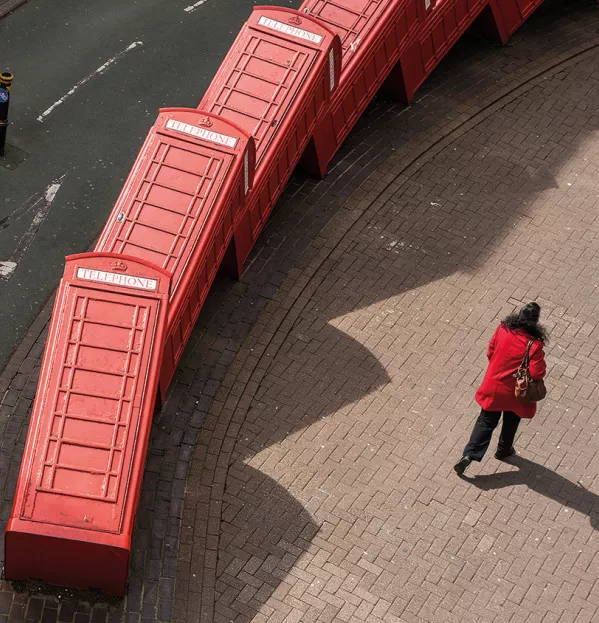It was put to me once, by a former Ofsted inspector, that schools are generally pretty good at describing what they do but not so good at describing the impact of what they do.
I came to the conclusion that there was some truth in this, for two reasons: the impact of the work we do is often not immediate, so it gets forgotten about; and the impact is not always easily measurable, so pinning it down becomes tricky.
However, the ex-inspector also shared some advice about how to get better at talking about the impact of our work. It starts with three words, which have helped to shape how I look at pretty much everything that we do in school: “monitor, action, impact”.
* Monitor: “We saw/observed/found out this …”
* Action: “So we did this …”
* Impact: “And the impact was this …”
It is astoundingly simple and yet it works in almost every situation.
Take the example of implementing whole-school initiatives that involve the constant monitoring and measuring of impact over time. You can sum up the process according to the principles of “monitor, action, impact” like this: “The data showed that our attendance was X per cent, so we put several campaigns into place. The impact so far is that it has increased by X per cent overall and went up by X per cent during this particular campaign.”
What’s the impact?
Of course, there are plenty of cases where it’s not just about data, yet the same approach can be applied. For example: “Analysis showed that incidents occurring online centred on children’s own online conduct, so we introduced a new safety curriculum with more focus on this. Pupil feedback indicates that children can now talk about this in more depth and they have been coming forward to voice concerns about friends’ behaviour online.”
Pupil feedback, parent voice, case studies and examples of work, as well as assessment and other forms data can all be used to show impact.
These days, I find myself looking at just about everything through the lens of these three words. It’s almost become subconscious. I’ve even set up a table with the headings “monitor”, “action” and “impact” - and shared this with other leaders to make it easier to record these things quickly.
Mostly, though, I prompt others by asking them to describe the impact of what they’re doing. That new approach to guided reading? Describe the impact so far. That maths intervention? Tell me the impact on the students.
We have to ask because, if there’s no real impact, why are we doing it?
Claire Lotriet is assistant headteacher at Henwick Primary School in London. She tweets @OhLottie
